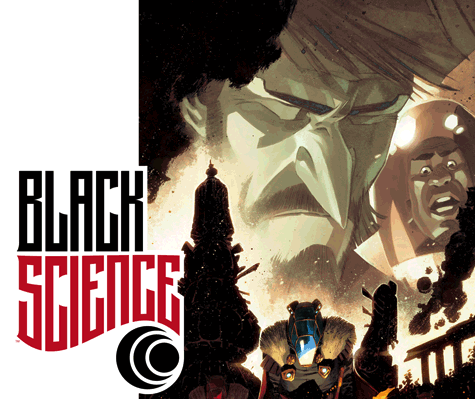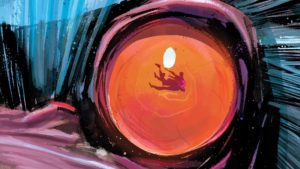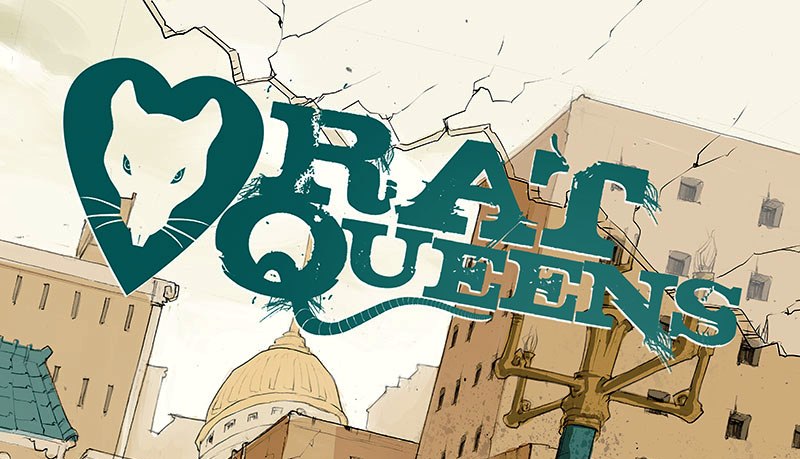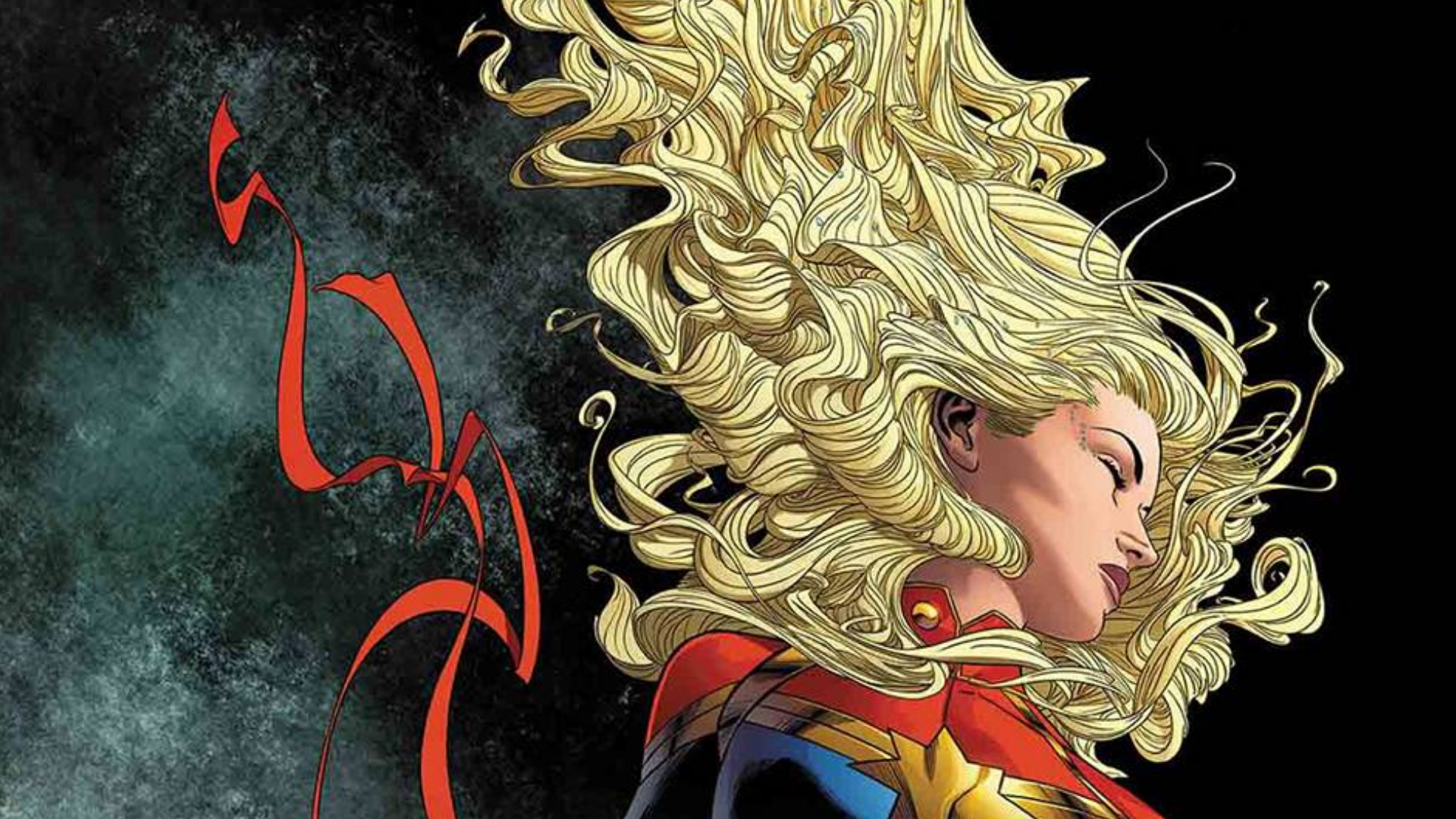Knowledge is knowing that a tomato is a fruit. Wisdom is not adding a tomato to a fruit salad.
—Grant McKay
One of the elements I enjoy most about science fiction is its ability to imagine the unimaginable, to expand the mind of the reader and create worlds beyond human comprehension. While I enjoy the type of sci-fi where the characters are placed in a reality they’re familiar with, my favorite type of stories are those were (extra)ordinary people are transplanted from their own realities and placed in larger-than-life situations. Black Science falls into the second category.
A creator-owned ongoing series by Rick Remender and Matteo Scalera, Black Science follows Grant McKay — main protagonist of this story and leader of the Anarchist League of Scientists — and his team of “Dimensionauts” as they cross dimensions into alien worlds, all while they are trying to repair the Pillar and return home. Said Pillar is of McKay’s own invention, a device that uses “Black Science” to allow anyone to travel between dimensions. The original purpose of the device was a way for our world to have unlimited resources, readily-available from other dimensions.
While McKay’s reasons for creating this piece of technology were noble, the reader comes to discover how other players had their own hidden agendas for the creation of the Pillar. When one of the members of Grant’s team sabotages the Pillar, it begins to jump to random locations at random times, leaving the group stranded between a series of different worlds, each more bizarre and nightmarish as the last.
McKay theorizes that each alternate reality of (what he calls) the “Eververse” is like an onion, each layer a different dimension based on an infinite variety of choices made by everyone everywhere. Both the reader and McKay quickly come to discover that what lies ahead is not order, but utter chaos.
McKay’s team is not of the most homogeneous composition. It consists of Ward (McKay’s security outfit), Kadir (the guy who funds the mission), Chandra (Kadir’s second-in-command), Jess (McKay’s lab partner), Rebecca (McKay’s lab partner and lover), Shawn (McKay’s protégé), Pia and Nathan (McKay’s children). Together, they must find a way out of their nightmare and back to their reality; however, no good story is without some… complications. From death cults to a type of reverse Manifest Destiny, the Anarchist League of Scientist witnesses fantastical yet horrifying realities. What would begin as an exploratory mission quickly became a constant struggle for survival, filled with suffering and uncertainty every step of the way.
While the main storyline is running its course, the reader gets insight into the makeup of the characters’ personalities, their motivations and their takes on life itself. The way the series handles themes like loss, anger, guilt, abuse, and redemption is very unique and human, and in a way feels like a breath of fresh air among the characters’ desperate attempts to reach their own goals and find happiness. The characters are both running towards and away from their realities. For these Dimensionauts, home is not where the heart is, but where their problems run amok. Thus, our main protagonist must fight his own demons
In regards to the art itself, the graphics are gorgeous. Scalera’s style perfectly conveys the mobility that is essential to an action-packed sci-fi piece. His works include Batman, Daredevil, and Secret Avengers, among others, and his experience working on traditional comic book superheroes can be seen in Black Science.
I must point out that Scalera usually works more with covers, variant covers and commissions than with entire comics, so seeing him ink full-length comics is a real treat. To complement Scalera’s mad skills, Dean White adds the perfect finish as colorist. The way White interweaves color and darkness provide dimension into Remender’s worlds, as he brings to life realities that are simultaneously beautiful and terrifying.
4.9 out of 5 stars
—
Katherine Elisa Ruiz-Díaz is a Graphic Novel Reviewer at Girls in Capes from Puerto Rico. She holds a B.A. in History, with minors in French and Biology, from Boston University, and is currently pursuing a degree in Law. She enjoys reading anything related to sci-fi and fantasy, and hides under the covers to read non-fiction and history books. Katherine is also an anime and TV junkie, and thinks that RPGs are the only video games truly worth playing. When she’s truly bored, she likes to sketch and paint. Find her on Goodreads.







